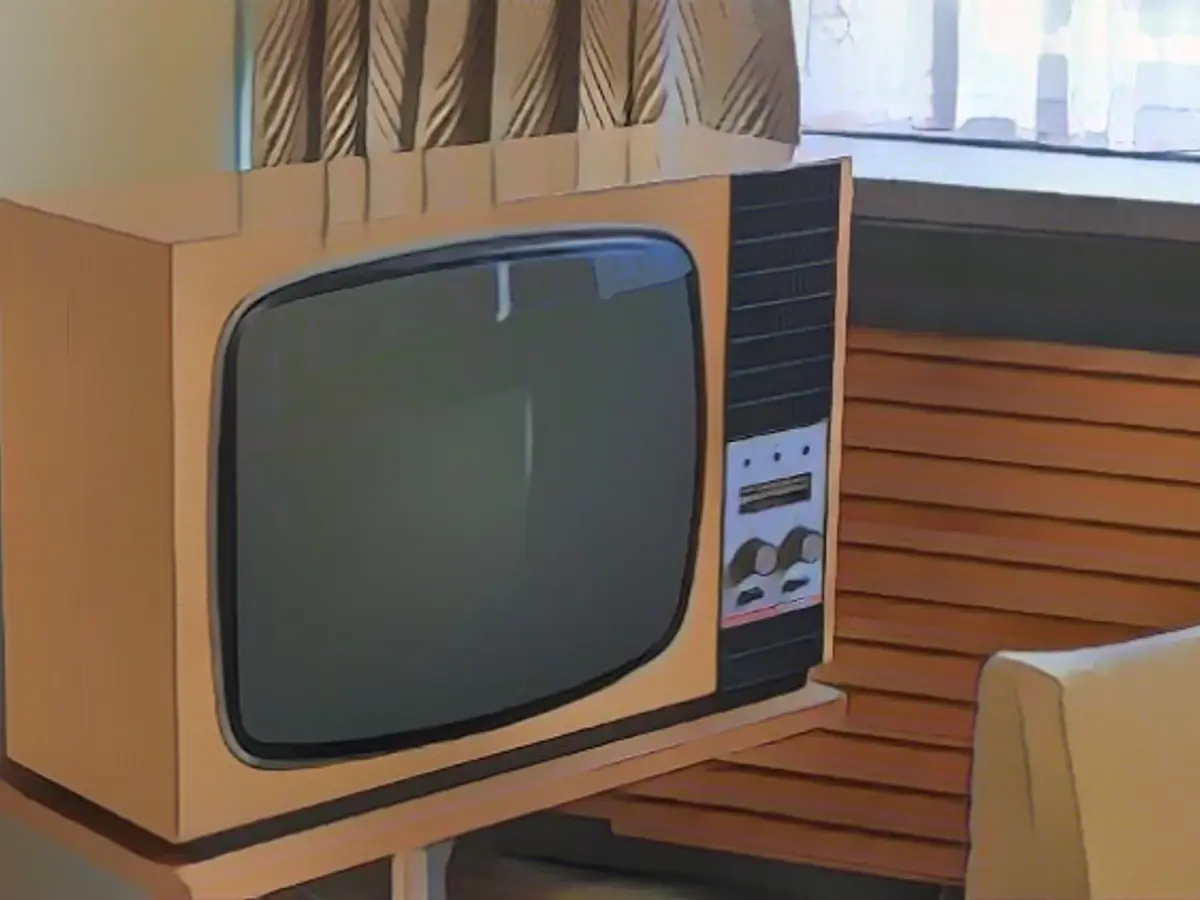Tenants Bid Farewell to Cable TV Fees in the Near Future
Let's dive into a prevalent issue amongst tenants: landlords charging for cable TV connections, no matter if used or not. But fret not, for the future looks bright, particularly in Germany, where a ban on this practice is looming.
Germans and their TV addiction? You bet! According to reports, Germans love their TV. From 3-year-olds to the elderly, the daily screen time averages an impressive 195 minutes. It's understandable that we crave a bit of colorful, entertaining, and informative content in our lives.
Entertainment's digital evolution
Television is heading towards the digital realm, yet one thing's for certain: television, no matter the method, isn't going anywhere.
Let's talk about the broadcasting fee first, which is a mandatory monthly payment for households. Public broadcasters charge viewers 18.36 euros monthly to cover their costs. Private broadcasters, on the other hand, rely on ad revenue or offer subscribers a streaming service at a lower cost.
The cable TV fee's demise?
Good news for tenants: the savings from canceling cable TV fees are on the horizon. Landlords won't be able to charge tenants for minimal use or non-use of cable TV connections, thanks to the impending ban on ancillary cost privileges coming in July 2024.
Tipping the scales
Tenants have had enough of these extra costs. Fortunately, in December 2021, landlords were prohibited from charging tenants for cable TV fees in new tenancy agreements. However, for those still under existing contracts, landlord and cable TV fee obligations persist until July 1, 2024.
Tenants' freedom to choose
Following the ban, all tenants will have the liberty to choose their TV reception method. Be it cable, internet, satellite, or aerial, the choice is yours!
There's no need to worry, tenants can still enjoy their cable TV service willingly. According to consumer advice centers, cable connection charges for individual user contracts should increase by only 2 to 3 euros to around 8 to 10 euros a month.
A glimpse of the future
Telecom giants like Deutsche Telekom and cable network operators will need to adjust their business strategies to comply with the new regulations. With over 10 million tenants set to shake off the chains of outdated cable TV connections, the German market may bear the brunt of the changes.
However, let's also consider the implications for consumers. Faster and more cost-effective TV alternatives could reshape entertainment choices, providing tenants with more financial freedom. With the platform war between streaming services intensifying, competition could potentially drive down prices.
Stay informed about the changes in legislation to stay one step ahead. After all, knowledge is power!
Related Articles
[1] [2] [3]








